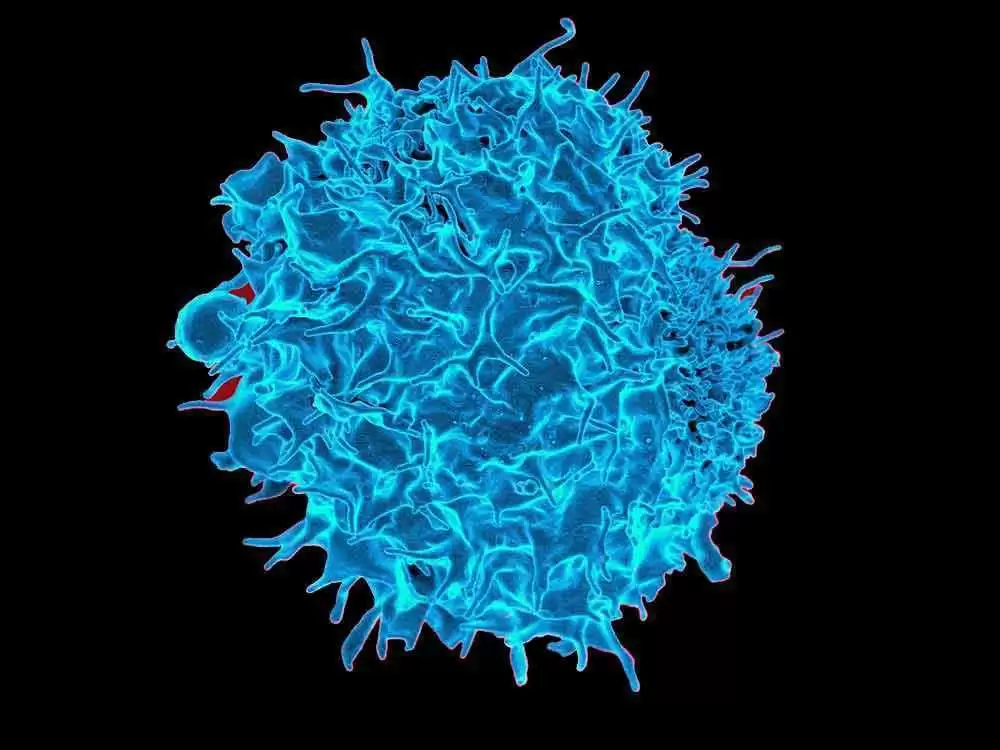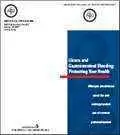
Celiac.com 06/14/2018 - Refractory celiac disease type II (RCDII) is a rare complication of celiac disease that has high death rates. To diagnose RCDII, doctors identify a clonal population of phenotypically aberrant intraepithelial lymphocytes (IELs).
However, researchers really don’t have much data regarding the frequency and significance of clonal T cell receptor (TCR) gene rearrangements (TCR-GRs) in small bowel (SB) biopsies of patients without RCDII. Such data could provide useful comparison information for patients with RCDII, among other things.
Celiac.com Sponsor (A12):
To that end, a research team recently set out to try to get some information about the frequency and importance of clonal T cell receptor (TCR) gene rearrangements (TCR-GRs) in small bowel (SB) biopsies of patients without RCDII. The research team included Shafinaz Hussein, Tatyana Gindin, Stephen M Lagana, Carolina Arguelles-Grande, Suneeta Krishnareddy, Bachir Alobeid, Suzanne K Lewis, Mahesh M Mansukhani, Peter H R Green, and Govind Bhagat.
They are variously affiliated with the Department of Pathology and Cell Biology, and the Department of Medicine at the Celiac Disease Center, New York Presbyterian Hospital/Columbia University Medical Center, New York, USA. Their team analyzed results of TCR-GR analyses performed on SB biopsies at our institution over a 3-year period, which were obtained from eight active celiac disease, 172 celiac disease on gluten-free diet, 33 RCDI, and three RCDII patients and 14 patients without celiac disease.
Clonal TCR-GRs are not infrequent in cases lacking features of RCDII, while PCPs are frequent in all disease phases. TCR-GR results should be assessed in conjunction with immunophenotypic, histological and clinical findings for appropriate diagnosis and classification of RCD.
The team divided the TCR-GR patterns into clonal, polyclonal and prominent clonal peaks (PCPs), and correlated these patterns with clinical and pathological features. In all, they detected clonal TCR-GR products in biopsies from 67% of patients with RCDII, 17% of patients with RCDI and 6% of patients with gluten-free diet. They found PCPs in all disease phases, but saw no significant difference in the TCR-GR patterns between the non-RCDII disease categories (p=0.39).
They also noted a higher frequency of surface CD3(−) IELs in cases with clonal TCR-GR, but the PCP pattern showed no associations with any clinical or pathological feature.
Repeat biopsy showed that the clonal or PCP pattern persisted for up to 2 years with no evidence of RCDII. The study indicates that better understanding of clonal T cell receptor gene rearrangements may help researchers improve refractory celiac diagnosis.
Source:






Recommended Comments
There are no comments to display.
Create an account or sign in to comment
You need to be a member in order to leave a comment
Create an account
Sign up for a new account in our community. It's easy!
Register a new accountSign in
Already have an account? Sign in here.
Sign In Now